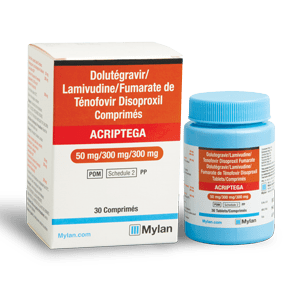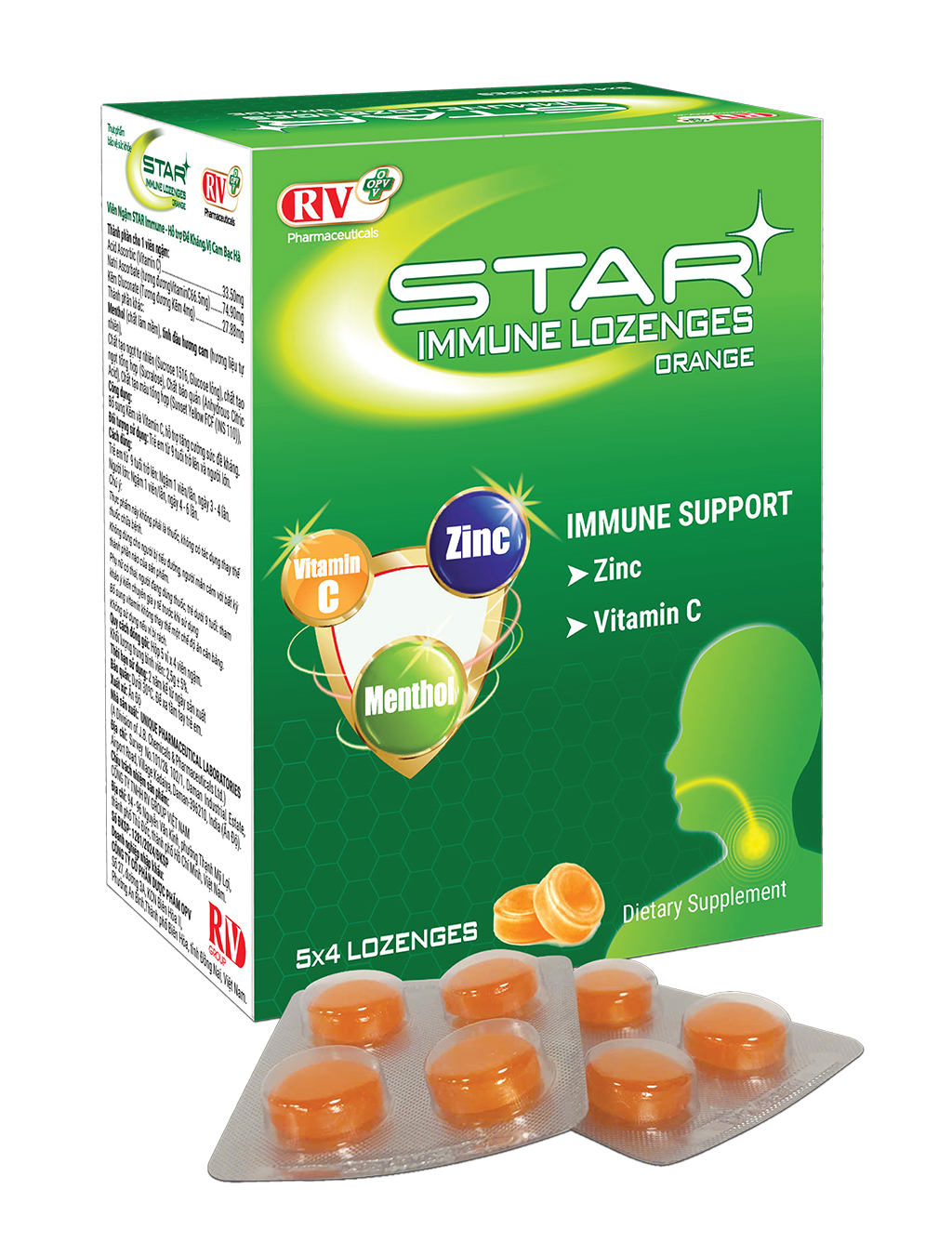Indications, Usage, Dosage and Administration
Dolutegravir, lamivudine and tenofovir disoproxil fumarate tablets, a combination of dolutegravir (integrase strand transfer inhibitor [INSTI]), lamivudine, and tenofovir disoproxil fumarate (both nucleoside reverse transcriptase inhibitors), is indicated as a complete regimen for the treatment of HIV-1 infection in adults and pediatric patients weighing at least 35 kg.
Dosage and Administration :
Pregnancy Testing: Perform pregnancy testing before initiation of dolutegravir, lamivudine and tenofovir disoproxil fumarate tablets in adolescents and adults of childbearing potential.
Testing: Prior to or when initiating dolutegravir, lamivudine and
tenofovir disoproxil fumarate tablets, test for HBV infection. 3. Prior to initiation and during use of dolutegravir, lamivudine and tenofovir disoproxil fumarate tablets, on a clinically appropriate schedule, assess serum creatinine, estimated creatinine clearance, urine glucose, and urine protein in all patients. In patients with chronic kidney disease, also assess serum phosphorous.
Adults and pediatric patients weighing at least 35 kg: One tablet daily. May be taken with or without food. If dosing with certain UGT1A or CYP3A inducers, then the recommended dolutegravir dosage regimen is 50 mg twice daily. An additional 50-mg dose of dolutegravir, separated by 12 hours from dolutegravir, lamivudine and tenofovir disoproxil fumarate tablets, should be taken.
Because dolutegravir, lamivudine and tenofovir disoproxil fumarate tablets is a fixed-dose product and cannot be dose adjusted, dolutegravir, lamivudine and tenofovir disoproxil fumarate tablets is not recommended in patients requiring dosage adjustment, patients with estimated creatinine clearance less than 50 mL per min or patients with end-stage renal disease requiring hemodialysis.
Contraindications
Previous hypersensitivity reaction to dolutegravir, lamivudine, or tenofovir disoproxil fumarate Coadministration with dofetilide
Adverse Reaction
In adult subjects: The most common adverse reactions (in those receiving dolutegravir, lamivudine and tenofovir disoproxil fumarate) are insomnia, fatigue, headache, diarrhea, rash, pain, and depression.
In pediatric subjects: The most common adverse reactions (in those receiving lamivudine) are fever and cough
Precautions
Hypersensitivity reactions characterized by rash, constitutional findings, and sometimes organ dysfunction, including liver injury, have been reported.
Discontinue dolutegravir, lamivudine and tenofovir disoproxil fumarate tablets and other suspect agents immediately if signs or symptoms of hypersensitivity reactions develop, as a delay in stopping treatment may result in a lifethreatening reaction .
Hepatotoxicity has been reported in patients receiving dolutegravir-containing regimens. Monitoring for hepatotoxicity is recommended.
Embryo-fetal toxicity may occur when used at the time of conception and in early pregnancy. An alternative treatment to dolutegravir, lamivudine and tenofovir disoproxil fumarate tablets should be considered at the time of conception through the first trimester of pregnancy due to the risk of neural tube defects. Counsel adolescents and adults of childbearing potential to use effective contraception.
New onset or worsening renal impairment: Can include acute renal failure and Fanconi syndrome. Avoid administering dolutegravir, lamivudine and tenofovir disoproxil fumarate tablets with concurrent or recent use of nephrotoxic drugs.
Decreases in bone mineral density (BMD): Consider assessment of BMD in patients with a history of pathologic fracture or other risk factors for osteoporosis or bone loss.
Immune reconstitution syndrome has been reported in patients treated with combination antiretroviral therapy
Lactic acidosis and severe hepatomegaly with steatosis: Discontinue treatment in patients who develop symptoms or laboratory findings suggestive of lactic acidosis or pronounced hepatotoxicity.
Pancreatitis: Use with caution in pediatric patients with a history of pancreatitis or other significant risk factor for pancreatitis. Discontinue treatment as clinically appropriate





